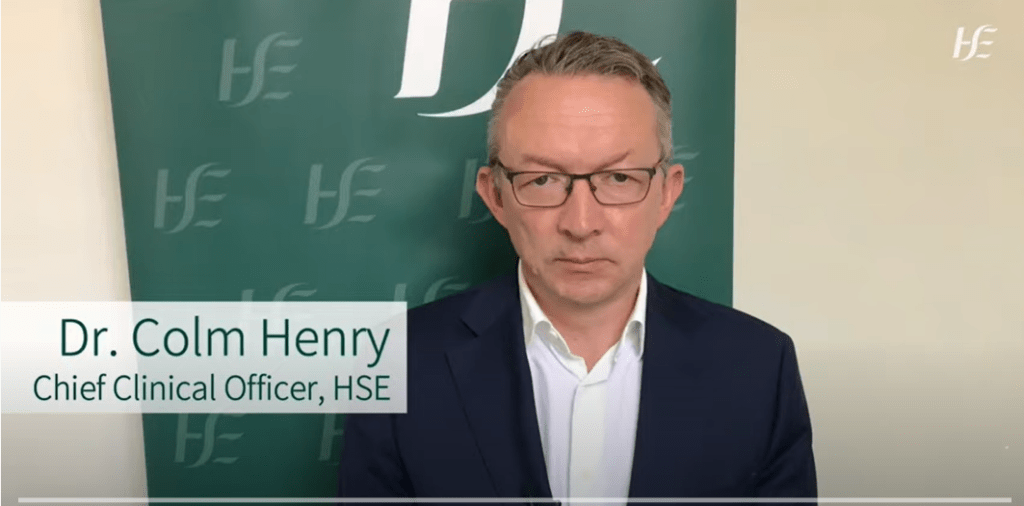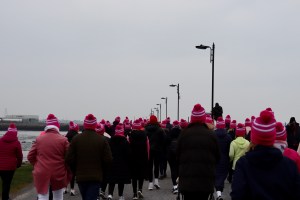HSE state possible concern of a national Covid and flu “twindemic” this winter

The term “twindemic” has been coined by the HSE Chief Clinical Officer(CCO) Dr. Colm Henry, to describe a possible challenge of both Covid-19 and flu cases that could affect the community this winter.
The CCO also urged those, who are eligible to do so, to get both their Covid booster and flu vaccines. While the Minister for Health Stephen Donnelly also expressed concern to national media of the potential of a severe flu season in the coming weeks.
However, the CCO also noted that a twindemic and it leading to further pressure on overcrowded hospitals would be a possibility, rather than a certainty.
Dr. Eoin Mac Donnacha is Director of the Student Health Unit at the University of Galway. He believes that the term coined by the HSE is accurate, with his reasoning being the health situation in the southern hemisphere last summer.
“That’s always a reflection of what kind of winter we’re facing into”, said Dr Mac Donnacha. “I think particularly in Australia … the health services and hospitals were under extreme pressure due to the flu season that was experienced there and that generally circles up to us here in the Northern Hemisphere in the winter.
So I think that’s probably what Dr Henry and a lot of other doctors in public health would be getting their fears from, and why they’re probably wanting people to be vigilant and try and avoid infection, or try and minimise infection risk in the coming winter.”
Covid cases still in universities
For some students, they can also foresee a return of Covid coming into the winter months.
“It’s fairly safe to say that you could see a lot of people starting to wear masks again during the winter”, said Avril Kneafsey, a final year student at the University of Galway.
“You can see people are coughing and you can hear them in lectures, it’s quite obvious something is going around campus. One of my lecturers is sick at the moment, so it’s assumed by the class it’s either the flu or Covid.”
Avril also added, that she knew in another class a friend was in, there had already been a few confirmed Covid cases since the start of the semester.
However, she felt wearing masks would be a personal choice at this stage. “I don’t have any underlying health conditions so I wouldn’t be badly affected, but I feel people with underlying health conditions may be a bit more uncomfortable coming to campus without the manditory mask wearing”, she concluded.
Indeed, Dr. Mac Donnacha also pointed out that students on third-level campuses would be overall “a generally healthy population cohort in comparison … to an older patient cohort with a greater likelihood of having underlying health conditions and immunosuppression.”
Yet, he noted that within a week of the semester continuing at the university, there was a rise in consultations in regards to respiratory tract infections.
Keeping healthy in winter
“The biggest thing for me that when we’re carrying out consultations with those who have symptoms of respiratory tract infections is that public guidance around Covid in regards to restrictions have been removed”, said Dr. Mac Donnacha, with a reminder that the medical advice still stands to not attend work or lectures or socialise with such symptoms.
Dr. Mac Donnacha also advised that in general, “it boils down to the basics” in trying to keep healthy in the winter months – eating a healthy diet, trying to get a decent amount of sleep, wearing a mask and having hand sanitiser to reduce the risk of Covid and getting the updated Covid booster from pharmacies and GP’S this October, alongside the flu vaccine for those who are immunocompromised.
More Galway news just for you!







